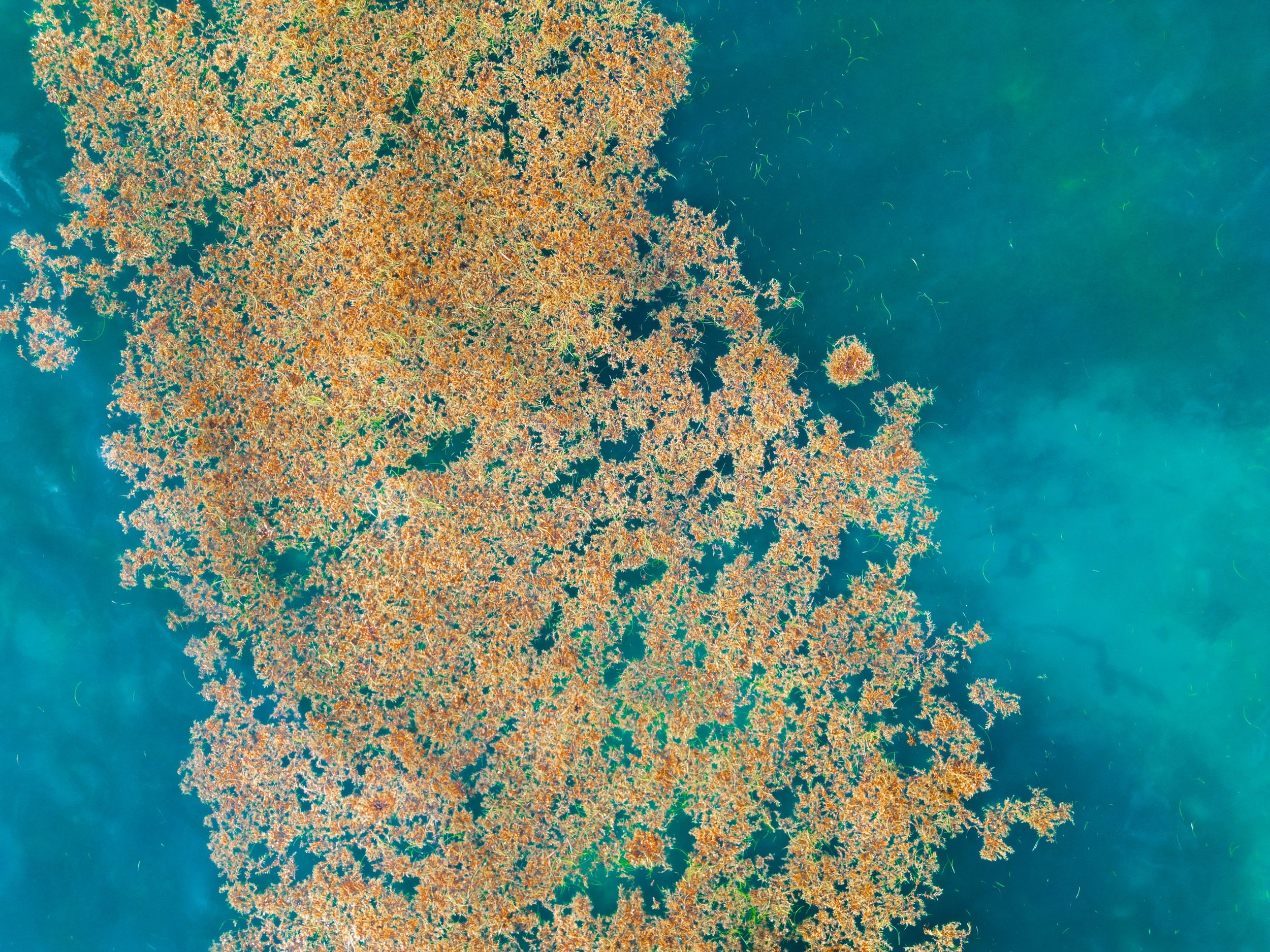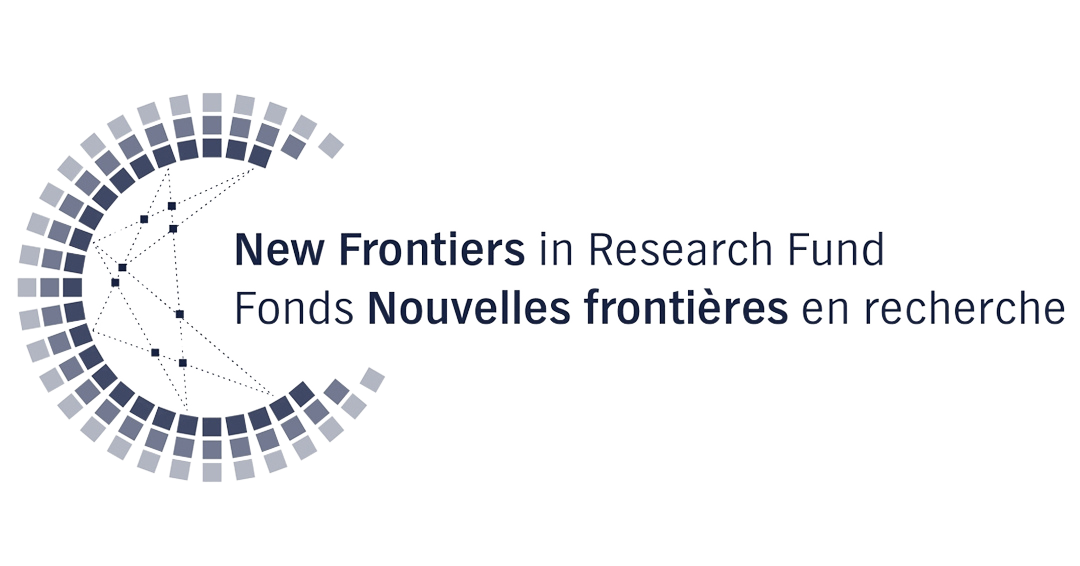Sargassum
Sargassum tides in the Amazon and Mesoamerican reef: monitoring, health and blue economies.
Project Contributors: Maycira Costa, Santiago Ramirez Said, Julio Lara, and Nelson Gouveia,
in collaboration with the University of Miami and University of Sao Paulo
Funding from: New Frontiers in Research Fund
Since 2011, Tropical Atlantic countries have faced massive coastal accumulations of Sargassum seaweed, causing economic, ecological, and health-related problems. Sargassum influx is expected to continue with climate change, exacerbating its adverse effects and increasing the costs associated with its management (over 200 million USD annually). Our project aims to create the first locally focused framework to increase community preparedness to effectively manage massive Sargassum landings. Implementing this framework and capacity-building workshops with our local partners in the Brazilian Amazon (Belem and Salinópolis, Pará) and the Mexican Mesoamerican Reef (Mahahual and Puerto Morelos, Quintana Roo) will increase community resilience to Sargassum landings while establishing novel blue economy opportunities that support community sustainable growth and further promote Sargassum clean-up.
The SPECTRAL Lab is engaged in this innovative international project focusing on the use of remote sensing technologies to monitor Sargassum along the Tropical Atlantic coasts, analyzing the health impacts of Sargassum decomposition, researching the landscape of Sargassum economic valorization in the Caribbean, and implementing innovative and empathy-based educational programs in local communities to ensure project results are incorporated and have a long-lasting and beneficial impact in allied communities.
Specifically, the SPECTRAL Lab leads the Sargassum monitoring task, where, through collaboration with scientific and community partners, we aim to enhance preparedness for massive Sargassum landings by developing novel techniques for using remote sensing and modelling tools, ensuring actionable insights at the local level. Educational workshops will be implemented with our local allies and participant communities so local conservation champions can develop the necessary remote sensing and drone monitoring skills to validate and monitor Sargassum's nearshore dynamics long after the funding period has ended.






